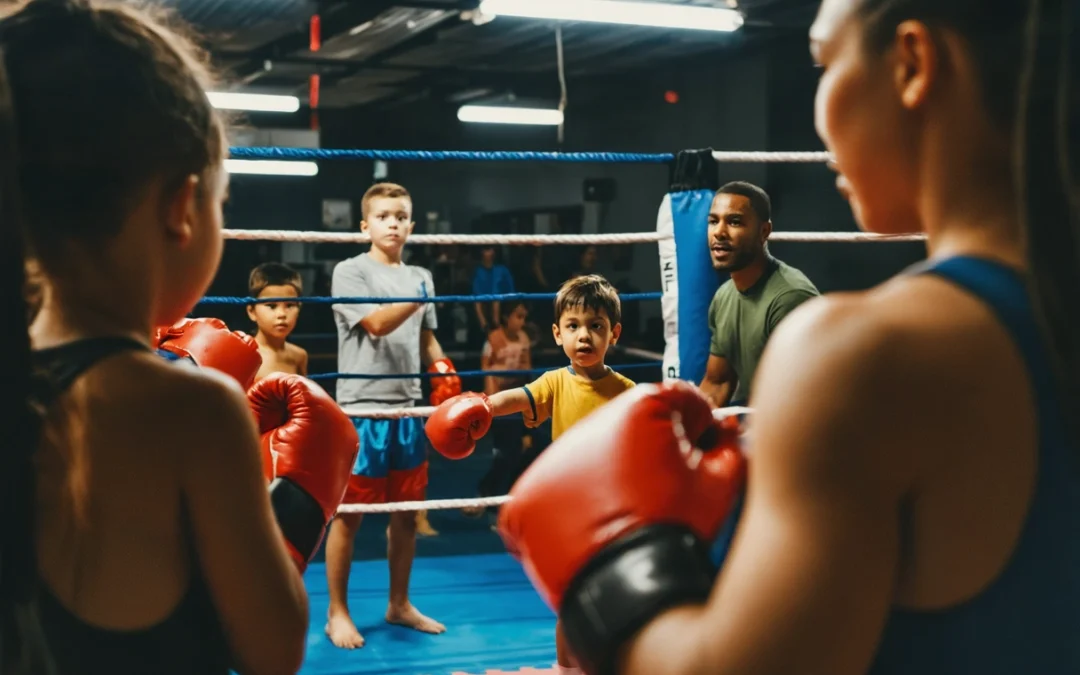Introduction: The Power of Parental Involvement in Youth Boxing
Youth boxing is more than just a sport; it is a transformative journey that shapes character, discipline, and resilience in young athletes. However, one often overlooked factor in maximizing the benefits of youth boxing is parental involvement. When parents actively participate in their children’s boxing training, the positive impact extends far beyond the ring. Parental engagement bridges critical gaps in support, communication, and motivation, fostering stronger youth development and a richer community spirit.
Despite its significance, many youth boxing programs face challenges in consistently engaging parents. Busy schedules, misconceptions about boxing, and lack of awareness can all contribute to a disconnect. This comprehensive guide explores the importance of parental involvement in youth boxing, examines barriers to engagement, and offers actionable strategies for building a thriving, inclusive boxing community where youth and parents grow together.
Understanding the Role of Parents in Youth Boxing Training
Parental involvement goes beyond simply dropping off and picking up children from boxing sessions. When parents are actively engaged, they provide emotional support, reinforce healthy habits, and help young boxers set and achieve their goals. Studies have shown that parental support is a crucial factor in sustaining motivation and commitment in youth sports. For boxing, which demands physical and mental endurance, parents can play a pivotal role in nurturing self-confidence and perseverance.
Beyond motivation, parents can help reinforce the values taught in boxing such as respect, discipline, and teamwork. By observing training sessions or volunteering, parents gain insights into coaching techniques and program philosophies, enabling them to better support their children at home and in competition. This holistic approach helps youth boxers internalize positive behaviors and attitudes that extend far outside the gym.
Parental Influence on Athletic Development
Active parental involvement has a direct correlation with a young athlete’s development. Parents who are present during training can provide immediate encouragement and help children process feedback from coaches. This support fosters a growth mindset, which is essential for overcoming setbacks and embracing challenges. According to research on parental involvement in youth sports, children whose parents are positively engaged are more likely to remain committed to their sport and exhibit higher self-esteem.
Building Trust with Coaches and Trainers
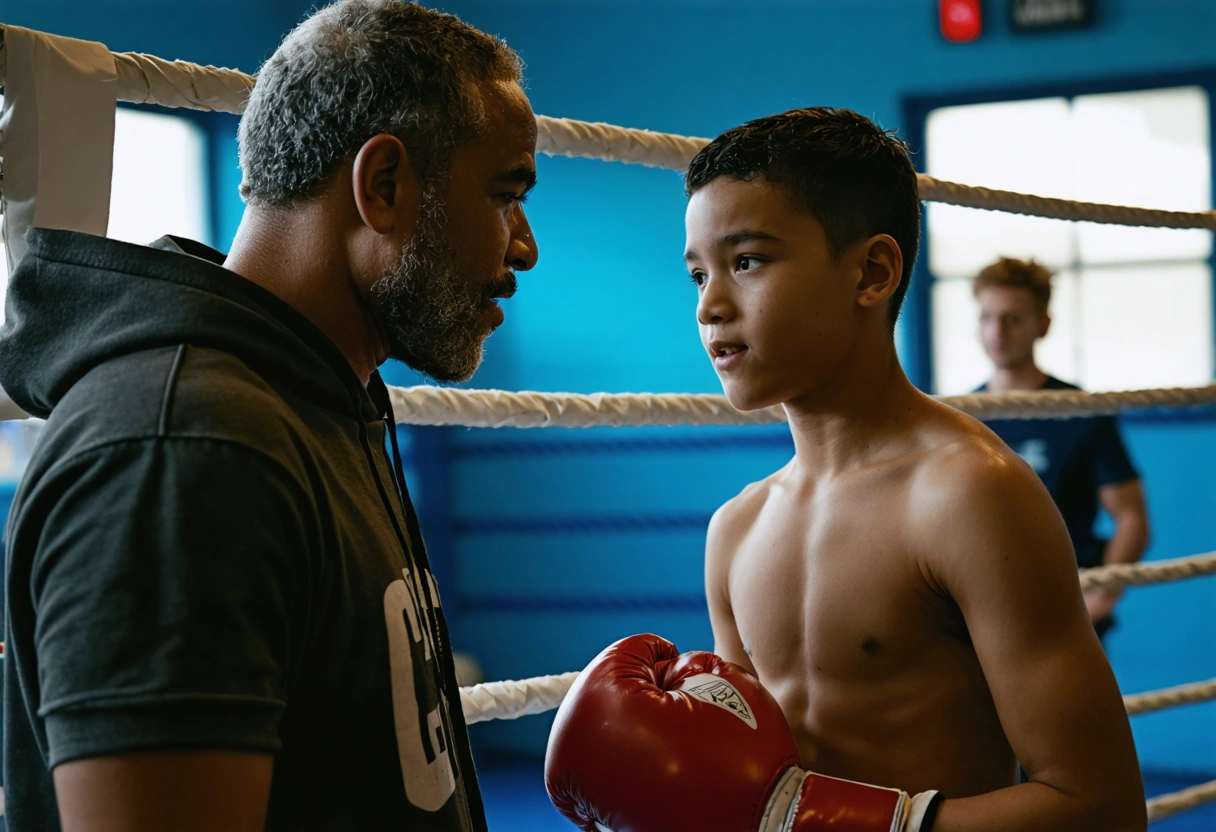
Strong relationships between parents, coaches, and trainers are vital. Open communication ensures everyone is aligned on the youth boxer’s goals, safety, and progress. When parents understand training methods and objectives, they are better equipped to reinforce lessons learned and address concerns proactively. This partnership not only enhances the training experience for the youth but also fosters a supportive community environment.
Common Barriers to Parental Involvement in Youth Boxing
Despite the well-documented benefits, there are several obstacles that can hinder parental involvement in youth boxing training. Recognizing these barriers is the first step in developing effective solutions to bridge the gap and create a more inclusive environment for families.
Time constraints, lack of familiarity with boxing, safety concerns, and cultural perceptions are among the most prevalent challenges. By understanding the root causes of these obstacles, community leaders and coaches can tailor their engagement strategies to better meet parents’ needs and concerns.
Time and Scheduling Conflicts
Modern family life is filled with competing responsibilities. Many parents juggle work, household duties, and other commitments, making it difficult to attend regular training sessions or events. Flexible scheduling, virtual participation options, and clear communication regarding session times can help alleviate these challenges.
Misconceptions and Safety Concerns
Some parents may be hesitant to get involved due to misconceptions about the nature of boxing. Concerns about injury or an overemphasis on aggression can deter parents from engaging with the sport. Providing access to reliable resources, such as the CDC’s guide on youth sports safety, and organizing informational sessions can help address these fears and educate parents about the comprehensive safety measures in place.
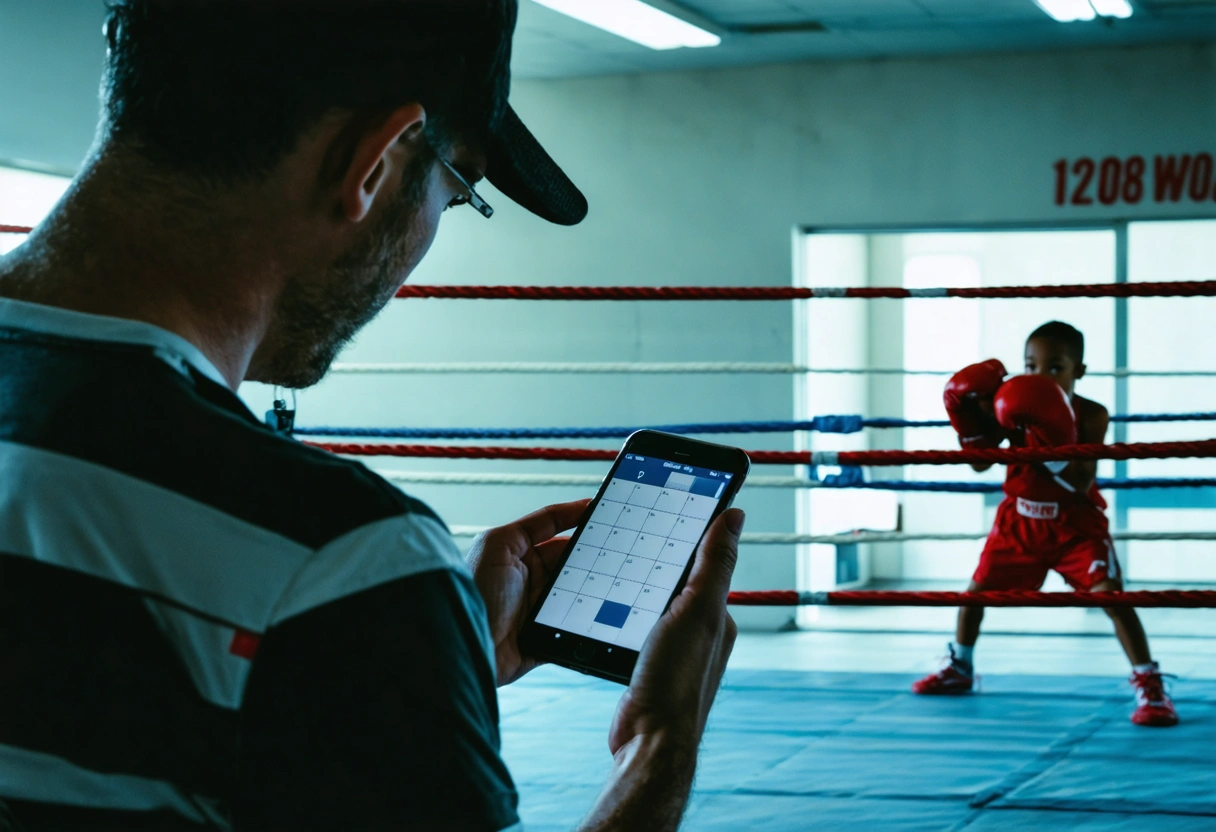
Cultural and Socioeconomic Barriers
Cultural beliefs and socioeconomic factors can also influence parental involvement. For some families, boxing may not align with traditional values or may be perceived as inaccessible due to costs. Community programs can bridge this gap by offering scholarships, fee waivers, and culturally relevant outreach that emphasizes the sport’s positive impact on youth development.
Strategies for Encouraging Parental Involvement
Overcoming the barriers to parental involvement requires intentional, multifaceted approaches. By creating welcoming environments and offering varied opportunities for engagement, boxing clubs and community organizations can foster stronger partnerships with parents and guardians.
These strategies not only benefit the youth athletes but also enrich the entire community by building trust, enhancing communication, and promoting shared values.
Hosting Family-Oriented Events
Regularly scheduled family days, open gyms, and parent-child workshops can demystify boxing and create enjoyable shared experiences. These events offer parents a hands-on introduction to the training environment and foster a sense of belonging. Activities might include demonstration matches, fitness challenges, or Q&A sessions with coaches, providing opportunities for parents to interact with staff and other families.
Providing Educational Resources
Accessible, high-quality educational materials can empower parents to better support their children’s boxing journey. Distributing guides on nutrition, injury prevention, and training best practices—such as those found on the Verywell Fit page on youth strength training—helps parents make informed decisions and reinforces the importance of holistic development. Workshops and information sessions can further enhance understanding and confidence.
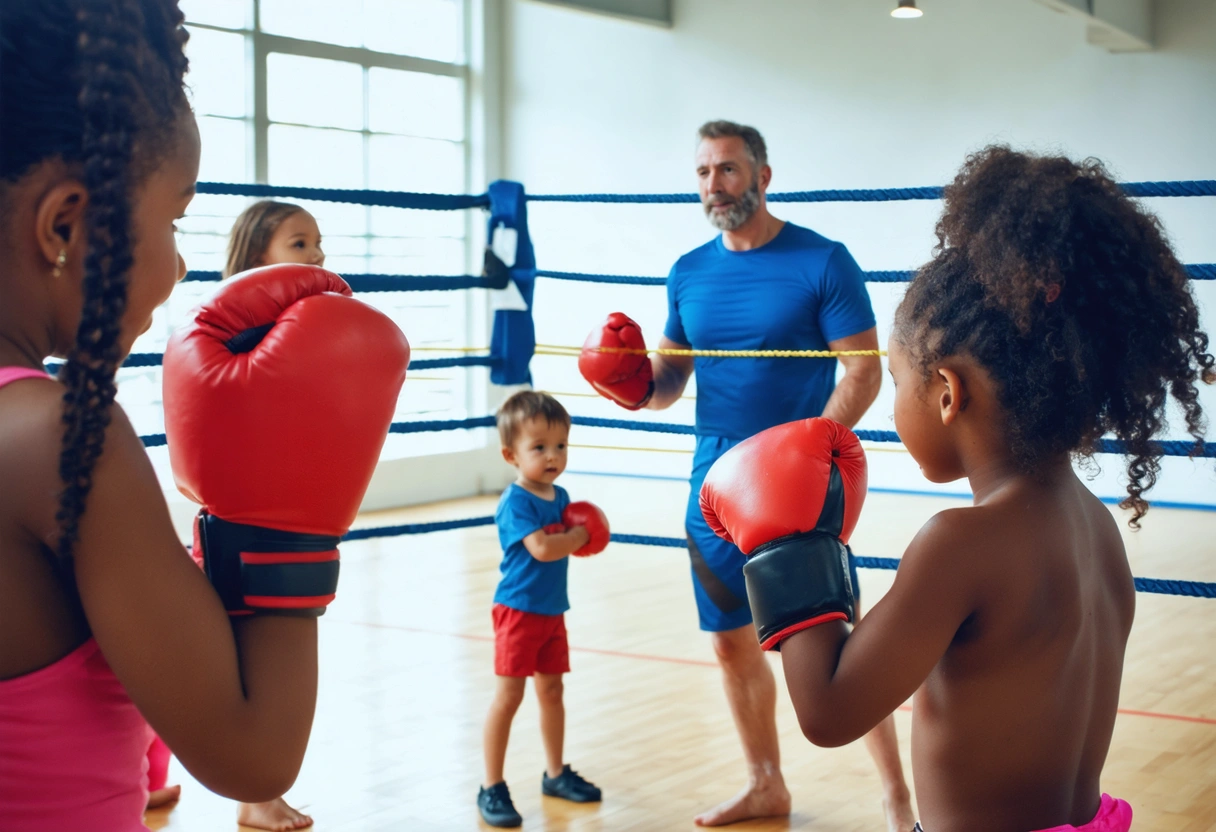
Establishing Parent Committees and Volunteer Roles
Encouraging parents to take on leadership or support roles within the club fosters a sense of ownership and commitment. Parent committees can assist with event planning, fundraising, or community outreach. Volunteering as timekeepers, scorekeepers, or event coordinators provides meaningful opportunities for involvement while directly benefiting the program and its participants.
Open Communication Channels
Regular updates on training progress, upcoming events, and club news keep parents informed and engaged. Utilizing communication tools such as email newsletters, messaging apps, or dedicated parent portals ensures that information is easily accessible. Hosting regular meetings or feedback sessions encourages dialogue and allows parents to voice their ideas or concerns in a collaborative setting.
Benefits of Greater Parental Involvement for Youth and Community
The advantages of parental involvement ripple across the lives of young athletes and the broader community. When parents are actively engaged, youth boxers benefit from increased motivation, better mental health, and a stronger sense of accountability. This supportive environment lays the foundation for lifelong skills both in and out of the ring.
Communities also thrive when families are involved. Parental participation fosters a culture of volunteerism, strengthens social networks, and helps sustain local programs. The positive energy generated by engaged families can inspire others to get involved, creating a virtuous cycle of support and growth.
Enhanced Youth Development
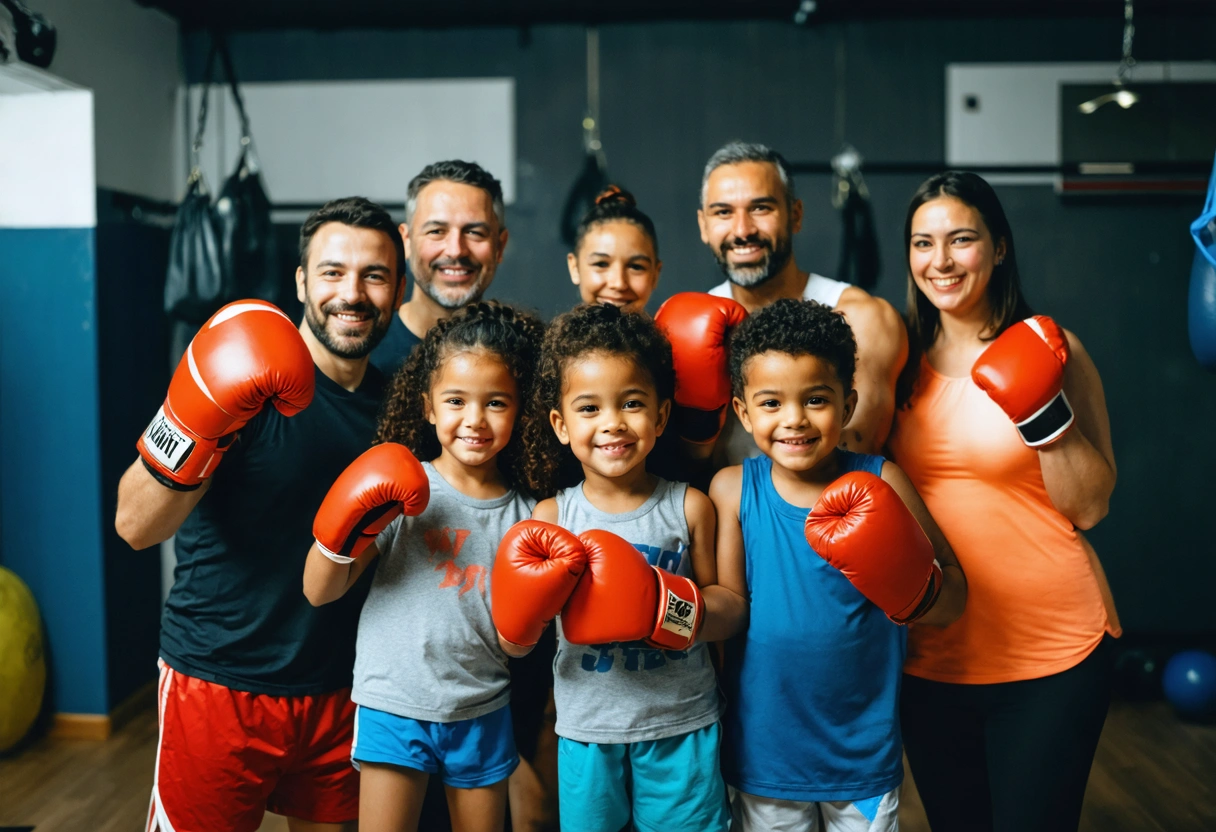
Youth boxers whose parents are involved often display improved focus, emotional resilience, and perseverance. With parental guidance, young athletes learn to set realistic goals, manage stress, and celebrate achievements. This robust support system is vital for navigating the ups and downs of athletic development and adolescence.
Stronger Community Ties
When parents collaborate with coaches and other families, they help build a cohesive, inclusive community. This network of support can provide mentorship, share resources, and foster a sense of belonging for all members. Community-driven programs often see higher retention rates and greater overall satisfaction, as highlighted by positive youth development initiatives that emphasize the importance of family and community engagement in youth sports.
Practical Ways for Parents to Get Involved in Youth Boxing
Parents do not need to be boxing experts to make a meaningful contribution. Simple acts of involvement can have lasting positive effects on young boxers and the overall atmosphere of the program. From providing encouragement at home to volunteering at competitions, there are numerous ways for parents to make a difference.
Here are some practical ideas to help parents actively engage in their children’s boxing journey:
- Attend training sessions and competitions regularly to show support and interest.
- Participate in parent workshops or informational meetings hosted by the club.
- Volunteer for administrative tasks, event planning, or as part of transport teams.
- Support healthy habits by encouraging balanced nutrition and adequate rest at home, following resources such as nutrition guidelines for young athletes.
- Promote positive sportsmanship and model respectful behavior towards coaches, referees, and other families.
- Engage with online communities or parent groups to share experiences and advice.
Each action, no matter how small, contributes to a more vibrant, supportive environment where youth boxers can thrive.
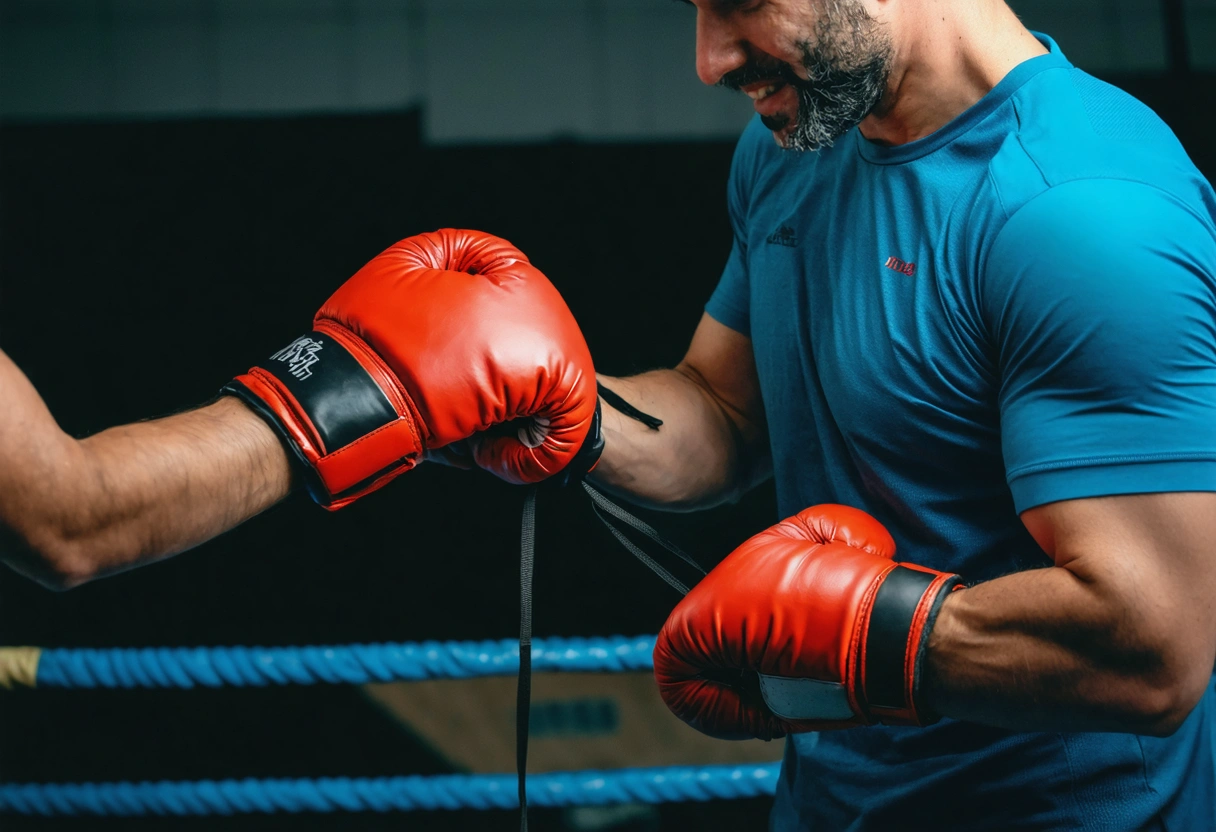
Training Clubs: Creating a Welcoming Environment for Parents
Boxing clubs and community organizations play a crucial role in facilitating parental involvement. By adopting inclusive policies and fostering a welcoming atmosphere, clubs can transform the parent experience from passive observation to active participation.
Some practical steps clubs can take include:
- Designing training spaces with comfortable parent seating and accessible viewing areas.
- Offering regular tours and orientations for new families to introduce them to the facility and staff.
- Ensuring that communication materials are available in multiple languages to accommodate diverse communities.
- Highlighting the accomplishments of both youth athletes and parent volunteers in club newsletters or on social media.
- Partnering with local organizations to provide resources on safety, nutrition, and positive parenting, such as those found through youth development programs.
By actively prioritizing parental engagement, clubs not only enhance their programs but also contribute to the well-being and cohesion of the broader community.
Building Bridges for Lasting Impact
Encouraging parental involvement in youth boxing training sessions is a powerful strategy for unlocking the full potential of young athletes and their communities. By bridging the gap between home and gym, parents, coaches, and clubs can work together to foster resilience, confidence, and a lifelong love of sport in the next generation.
Through proactive engagement, open communication, and inclusive practices, the world of youth boxing can become a model for community-driven success. Every punch thrown, every goal set, and every lesson learned becomes more meaningful when shared with supportive families and a connected community. The future of youth boxing is brightest when parents are not just spectators but active partners on the journey to excellence.

